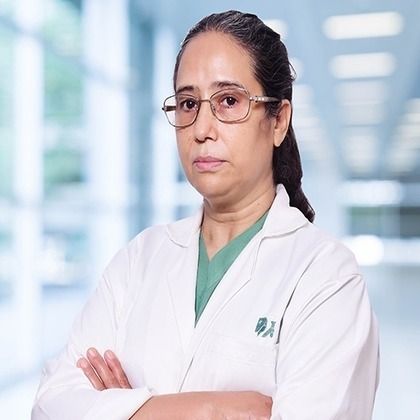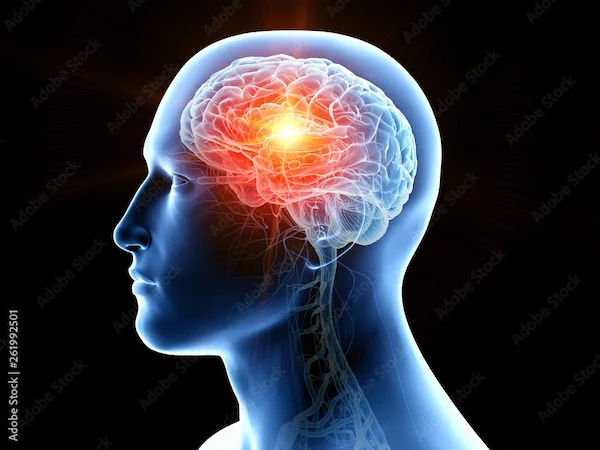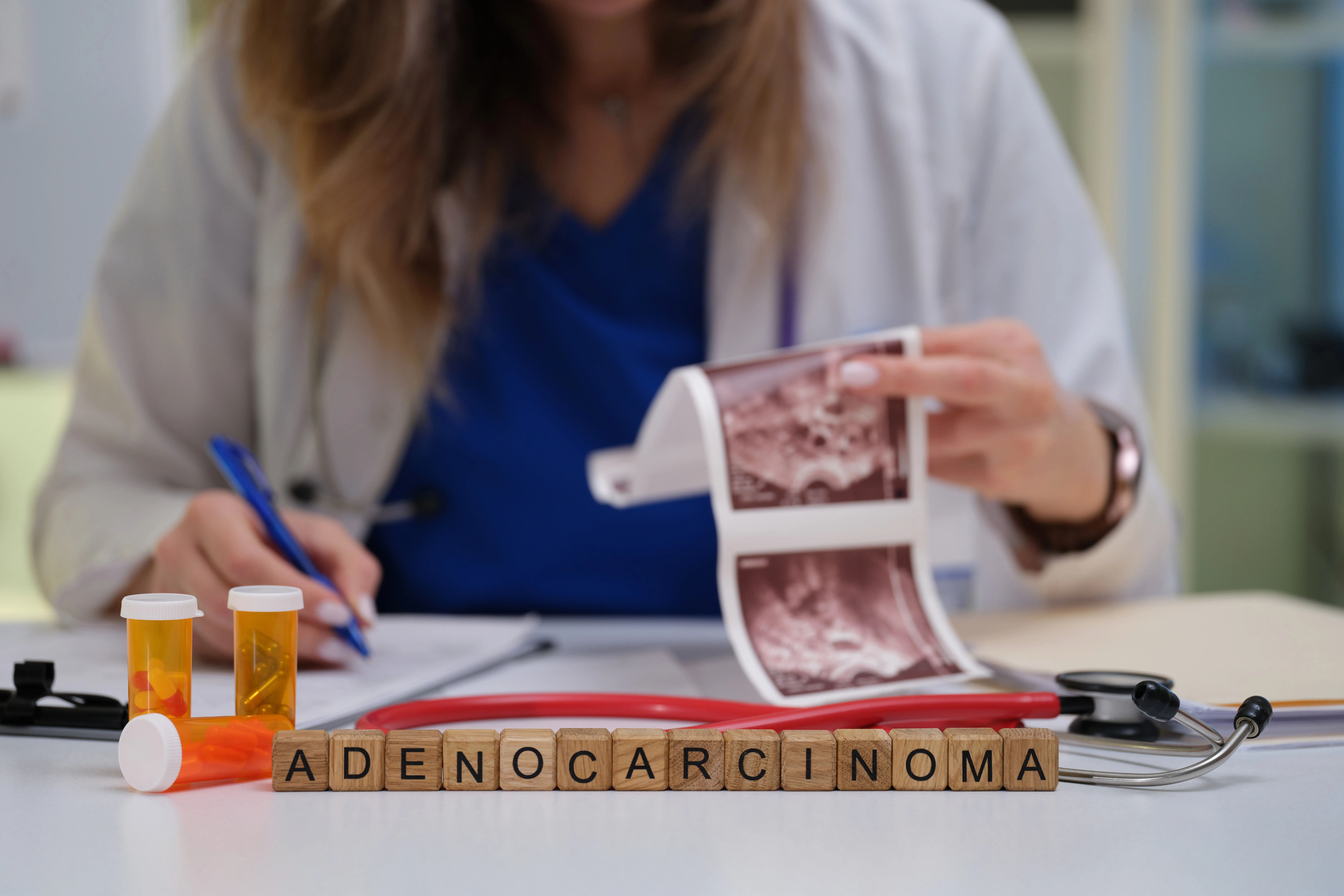Esophageal Cancer Symptoms Overview
Understand the key esophageal cancer symptoms including difficulty swallowing, weight loss, chest pain, and hoarseness. Learn what to look for and when to seek medical attention for early detection and better outcomes.

Written by Dr. M L Ezhilarasan
Reviewed by Dr. Shaik Abdul Kalam MD (Physician)
Last updated on 13th Jan, 2026

Esophageal cancer is a serious condition that affects the esophagus—the long, muscular tube that connects your throat to your stomach. While it may not be as commonly discussed as other cancers, early detection is crucial for effective treatment. In this article, we’ll break down the symptoms, causes, and ways to manage esophageal cancer in simple, easy to understand terms.
What is Esophageal Cancer?
Esophageal cancer occurs when abnormal cells grow uncontrollably in the lining of the esophagus. Over time, these cells can form tumors, making it difficult to swallow food and liquids. There are two main types:
Adenocarcinoma – Usually develops in the lower part of the esophagus, often linked to acid reflux and Barrett’s esophagus.
Squamous cell carcinoma – Affects the upper and middle parts of the esophagus and is often associated with smoking and alcohol use.
Consult Top Oncologist For personalised Tips
Common Symptoms of Esophageal Cancer
Early-stage esophageal cancer may not always show obvious signs, but as it progresses, symptoms become more noticeable. If you experience any of the following persistently, consult a doctor:
1. Difficulty Swallowing (Dysphagia)
Feeling like food is stuck in your throat or chest.
Pain or discomfort while swallowing.
2. Unexplained Weight Loss
Losing weight without trying could be a sign, as swallowing difficulties reduce food intake.
3. Persistent Indigestion or Heartburn
Frequent acid reflux or burning sensation in the chest.
4. Chest Pain or Pressure
Aching or burning behind the breastbone, especially while eating.
5. Chronic Cough or Hoarseness
Irritation in the throat leading to a persistent cough or voice changes.
6. Vomiting or Coughing Up Blood
In advanced stages, bleeding in the esophagus may occur.
If these symptoms last for more than a few weeks, it’s important to seek medical advice.
What Causes Esophageal Cancer?
While the exact cause isn’t always clear, certain factors increase the risk:
Chronic Acid Reflux (GERD) – Long term stomach acid backing up into the esophagus can damage its lining.
Barrett’s Esophagus – A condition where repeated acid exposure changes esophageal cells, increasing cancer risk.
Smoking & Alcohol Use – Both significantly raise the chances of developing squamous cell carcinoma.
Obesity – Excess weight increases pressure on the stomach, leading to acid reflux.
Poor Diet – Lack of fruits and vegetables may contribute to higher risk.
Age & Gender – More common in people over 55 and men.
How to Reduce Your Risk?
While not all cases can be prevented, lifestyle changes can lower your risk:
1. Manage Acid Reflux
Avoid spicy, fatty, or acidic foods.
Eat smaller meals and avoid lying down right after eating.
Elevate your head while sleeping if you have nighttime reflux.
2. Quit Smoking & Limit Alcohol
Both are major risk factors—quitting can significantly reduce cancer risk.
3. Maintain a Healthy Weight
Obesity increases reflux risk, so a balanced diet and exercise help.
4. Eat a NutrientRich Diet
Include fruits, vegetables, and whole grains for better esophageal health.
5. Regular Checkups if at High Risk
If you have Barrett’s esophagus or longterm GERD, regular endoscopies can help detect early changes.
When to See a Doctor?
If you experience persistent symptoms like difficulty swallowing, unexplained weight loss, or chronic heartburn, don’t ignore them. Early diagnosis improves treatment success.
Diagnostic Tests May Include:
Endoscopy – A thin tube with a camera checks the esophagus.
Biopsy – A small tissue sample is taken for lab testing.
Imaging Tests – CT scans or PET scans help determine cancer spread.
Treatment Options
Treatment depends on cancer stage and overall health:
Surgery – Removing part or all of the esophagus.
Radiation Therapy – Uses high energy beams to kill cancer cells.
Chemotherapy – Drugs to destroy cancer cells.
Targeted Therapy & Immunotherapy – Advanced treatments for certain cases.
Final Thoughts
Esophageal cancer is serious, but awareness of symptoms and early detection can make a big difference. If you or a loved one has persistent swallowing difficulties, heartburn, or unexplained weight loss, consult a doctor promptly.
Need Help?
If you’re concerned about symptoms or need a consultation, you can book an appointment with a specialist through Apollo 24|7. Early action can save lives—don’t hesitate to seek help.
Stay informed, stay healthy!
Consult Top Oncologist For personalised Tips
Consult Top Oncologist For personalised Tips

Dr. Sanchayan Mandal
Medical Oncologist
17 Years • MBBS, DNB Raditherapy, DrNB Medical Oncology
East Midnapore
VIVEKANANDA SEBA SADAN, East Midnapore

Dr Gowshikk Rajkumar
Oncologist
10 Years • MBBS, DMRT, DNB in Radiation oncology
Bengaluru
Apollo Clinic, JP nagar, Bengaluru

Dr.sanchayan Mandal
Medical Oncologist
17 Years • MBBS, DrNB( MEDICAL ONCOLOGY), DNB (RADIOTHERAPY),ECMO. PDCR. ASCO
Kolkata
Dr. Sanchayan Mandal Oncology Clinic, Kolkata

Dr. Gopal Kumar
Head, Neck and Thyroid Cancer Surgeon
15 Years • MBBS, MS , FARHNS ( Seoul, South Korea ), FGOLF ( MSKCC, New York )
Delhi
Apollo Hospitals Indraprastha, Delhi
(25+ Patients)

Dr. Ruquaya Ahmad Mir
Surgical Oncologist
20 Years • MBBS, DNB
Delhi
Apollo Hospitals Indraprastha, Delhi
(25+ Patients)



.webp)
